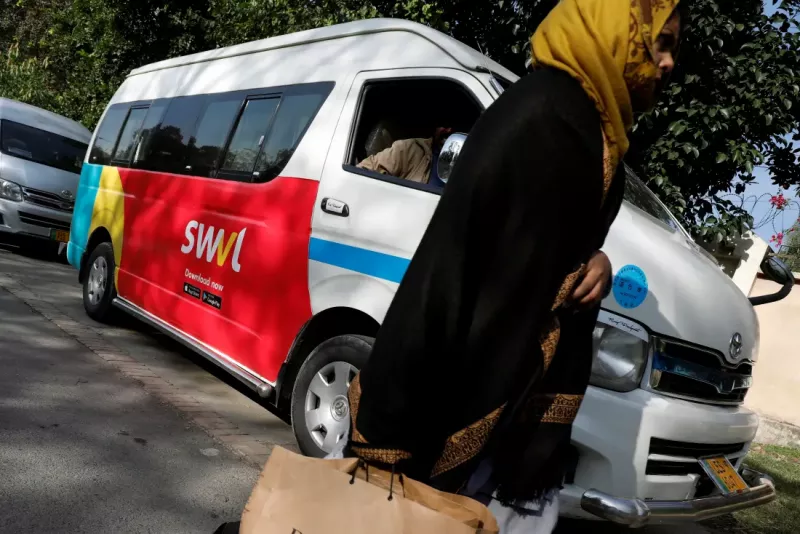In the first week of April this year, the buzz around Swvl was about its entry into Africa’s group of billion-dollar companies. It achieved this by going public on Nasdaq via a Special Purpose Acquisition Vehicle (SPAC) with Queen’s Gambit Growth Capital, a women-led blank-check company, as its sponsor.
Two months later, the bus-hailing company which started in Egypt is laying off 400 people—about 32% of its workforce—in a bid to become cash flow profitable by 2023.
The turn of events is not unusual for the current global tech climate. Companies like Instacart, and Klarna have cut down their valuations to appeal to investors worried about rising interest rates. Uber plans to cut back hiring. Meta has rescinded job offers. Mega investor Softbank has lost billions of dollars due to poorly-performing tech stocks like Doordash, and Grab.
Startups in the transportation industry have laid more employees off than any other sector since covid-19 began, according to layoffs.fyi which tracks the data. Swvl’s move is the first major sign of market corrections affecting African tech, and points to automation’s effect on the future of work in the continent.
Swvl is prioritizing profitability
In a letter to employees, Swvl’s CEO Mostafa Kandil blamed the layoffs on a “global crisis with unforeseen consequences.”
“Over the past few weeks, Swvl has been hit like others across the globe with changes to its financial realities. While change is often unexpected, we believe that any attempt to resist it instead of adapting to it will prove futile,” Kandil said.
“We know we have to make tough decisions in order to prioritize profitability over growth to ensure that Swvl thrives once we are on the other side of this.”
The company, which says it has bought other companies in the UK, Germany, Turkey, Spain, and Argentina to drive growth, also cited automation as a reason for the layoffs. “Such reductions will focus on roles automated by investments in the Company’s engineering and product and support functions,” its statement said.
From its SPAC valuation of $1.5 billion, Swvl is now worth between $500 million and $600 million, according to Techcrunch. Beyond the layoffs, Kandil said the company’s top management staff will take lower salaries, freeze travel, and reduce current office spaces, all in a bid for profitability.




